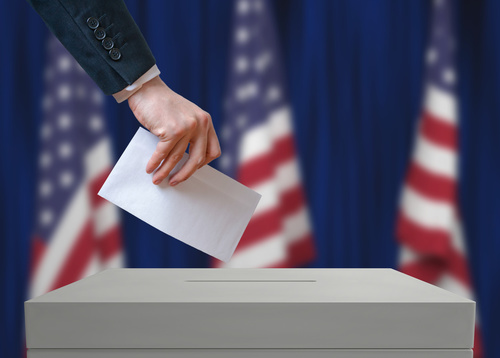The recent executive order granting parolees in New York State the right to vote may do more than enfranchise formerly incarcerated individuals.
The executive order reduces the chance that New Yorkers on probation—as opposed to those on parole—will be mistakenly denied the right to register to vote, because Executive Order 181, signed by New York State Governor Andrew M. Cuomo on April 18, clarifies who is eligible.
Prior to the executive order, a study indicated that more than one-third of New York State election boards illegally barred individuals on probation from registering to vote and another 32 percent were incorrectly directed to show proof of their eligibility to register. The 2006 Brennan Center for Justice study also noted that documentation requested by local boards often does not exist, making it impossible for those with criminal convictions to register.
“This misinformation exacerbates the impact of disenfranchisement by incorrectly convincing eligible citizens that they cannot vote,” the study stated.
In addition, New York’s disenfranchisement provision in the state constitution was enacted in 1876 “amidst a concerted effort to resist enfranchising black men,” an additional 2010 Brennan Center study entitled “Jim Crow in New York,” noted.
Nearly three-quarters of disenfranchised New Yorkers on parole are African American or Latino, and the law continues to have an impact on people of color, the study found. It urged the Legislature to require the Department of Corrections, probation, parole and supervised release offices to notify people of their right to vote and to provide voter registration forms.
The Legislature should also require county election officials and criminal justice agencies to receive regular training on the voting rights restoration law and voter registration procedures, the study said.
Probation versus parole
New York State is home to 117,000 individuals who are on probation and state statutes require them to be supervised longer than many other states, according to the Justice Center of the Council of State Governments. Mandatory felony probation terms are set at five years in New York, while other states typically allow judges to have discretion to set terms, generally between two and five years.
Probation is an alternative to incarceration for less serious crimes and is often accompanied by community service instead of jail time with no loss of voting privileges.
Parole is a conditional release of an incarcerated person before a sentence is complete or as a form of post-release supervision and voting rights remain revoked until the sentence is complete.
When a parolee is released early, it infers that the parolee is not a danger to society and as such, should be allowed to exercise his or her fundamental right to vote in accordance with the both the Constitution of the State of New York and the United States Constitution.
Executive Order 181
The executive order, which specifically refers to voting rights for parolees, “shall not be construed as a remission of guilt or forgiveness of the offense and shall not function as a bar to greater penalties for future offenses.”
Effective May 1, the Commissioner of the Department of Corrections and Community Supervision is directed to submit to the governor’s office a monthly record of individuals who have been released from prison onto parole supervision in the prior month. The parolees will then become eligible to obtain a limited pardon and re-register to vote.
According to the order, “[r]esearch indicates a strong positive correlation between the civic engagement associated with voting and reduced rates of recidivism, which improves public safety for all New Yorkers.” In addition, the “disenfranchisement of individuals on parole has a significant disproportionate racial impact thereby reducing the representation of minority populations.”
In addition to restoring voting rights to parolees and further normalizing their lives following incarceration, those on probation in New York State are provided an added benefit of not having to worry about their voting rights being illegally revoked or questioned in light of Executive Order 181.







